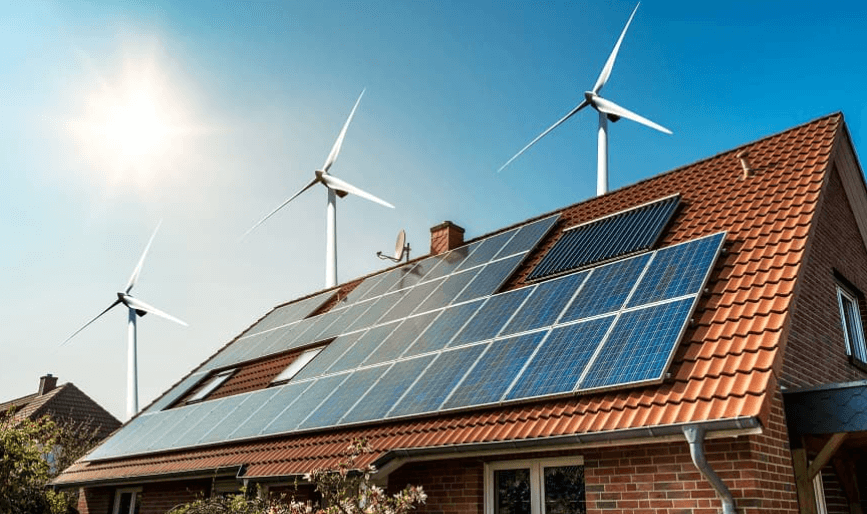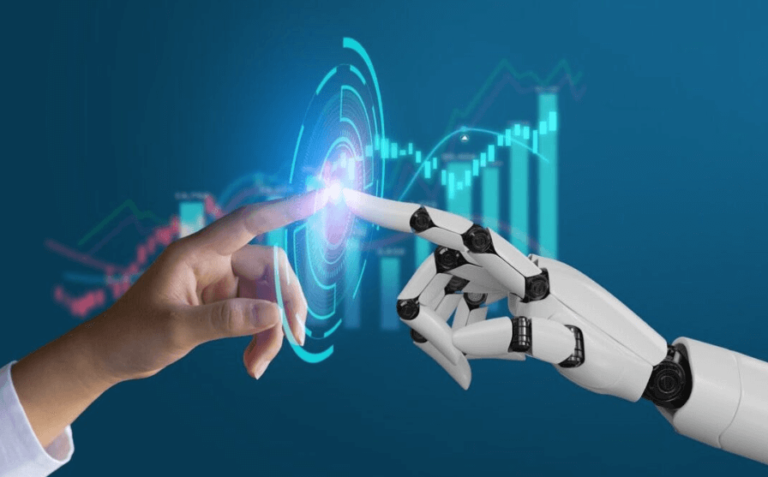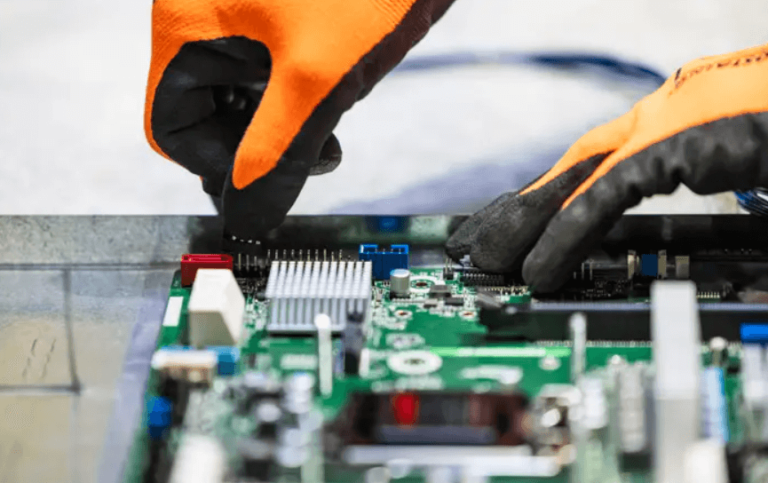The Rise of Smart Homes: Transforming the Way We Live
The emergence of smart home technology is reshaping modern living, offering a compelling blend of convenience, efficiency, and security. As homes evolve into interconnected ecosystems through advancements in automation and the Internet of Things (IoT), homeowners are presented with unprecedented opportunities to enhance their daily lives. However, this transformation raises critical questions about privacy, dependency, and the balance between innovation and traditional living. Understanding these complexities is essential as we navigate the implications of this technological shift and its potential impact on our future domestic landscapes.
Evolution of Smart Home Technology
The evolution of smart home technology has transformed traditional living spaces into interconnected ecosystems, leveraging advancements in automation, artificial intelligence, and the Internet of Things (IoT) to enhance convenience, efficiency, and security in everyday life.
Historical milestones, such as the introduction of programmable thermostats and security systems, paved the way for contemporary innovations, showcasing how technological advancements continue to redefine domestic environments and empower individual autonomy.
See also: Is Quantum Computing the Next Big Thing in Technology?
Key Benefits of Smart Homes
Harnessing advanced technology, smart homes offer a multitude of benefits that enhance daily living through improved efficiency, increased security, and greater convenience.
Key advantages include energy efficiency, which leads to significant cost savings, and enhanced security through advanced monitoring systems.
Convenience features enable seamless lifestyle integration, while remote accessibility allows homeowners to manage their environments effortlessly, promoting a sense of freedom in everyday life.
Popular Smart Home Devices
A diverse array of popular smart home devices is transforming how individuals interact with their living spaces, enhancing both functionality and user experience.
Smart speakers and voice assistants simplify control, while automated lighting creates mood and convenience.
Security cameras provide peace of mind, and smart thermostats optimize energy usage.
Home hubs integrate these technologies, fostering a seamless, interconnected environment that promotes user autonomy and comfort.
Future Trends in Home Automation
Increasingly, home automation is evolving to integrate artificial intelligence and machine learning, enabling systems to learn user preferences and adapt to their lifestyles autonomously.
Future trends will emphasize AI integration for enhanced energy management and security enhancements, while voice control will facilitate effortless user customization.
Moreover, a focus on environmental sustainability will drive the development of eco-friendly smart home technologies, promoting both freedom and responsibility.
Conclusion
The rise of smart homes epitomizes a seismic shift in domestic living, heralding an era where technology seamlessly integrates with daily life.
Enhanced convenience, energy efficiency, and security underscore the transformative impact of automation, AI, and IoT.
As these advancements continue to evolve, they empower individuals with unprecedented control over their environments, redefining traditional concepts of home.
Ultimately, the smart home revolution stands as a beacon of innovation, illuminating the path toward a more efficient and interconnected future.




